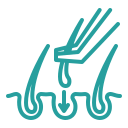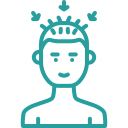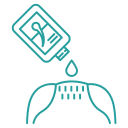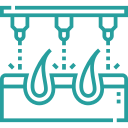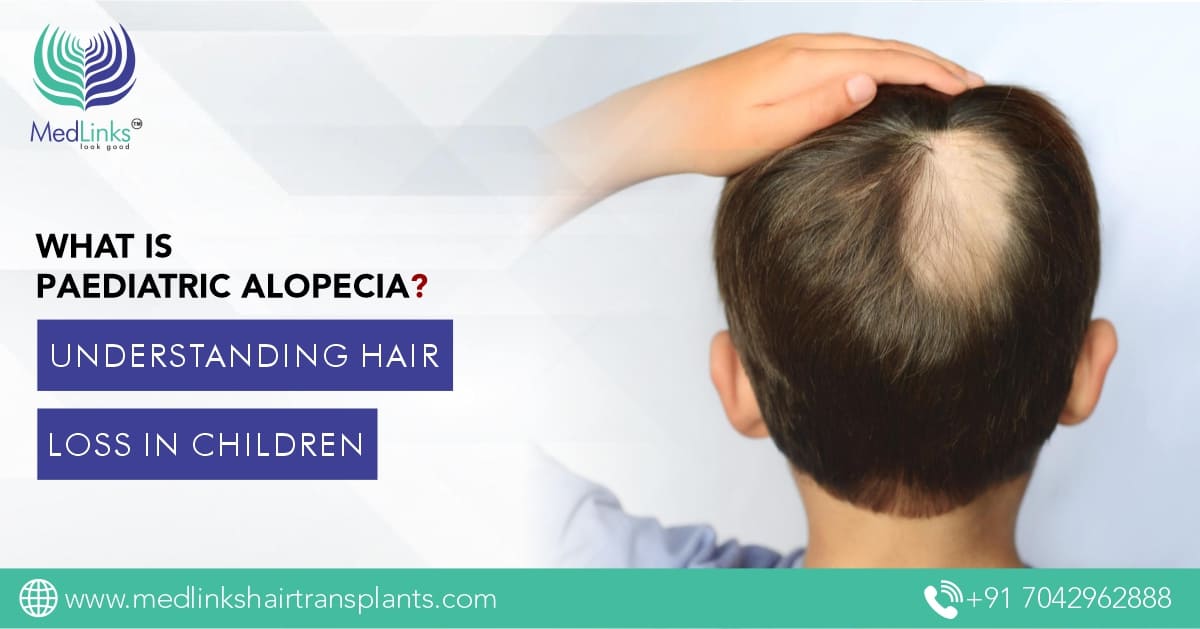
Have you ever looked at your child’s reflection and noticed something amiss? Perhaps their hair is getting thinner or chunks of hair are gone. If you’ve been into this situation, you’re not alone. It is a common medical condition in children called Paediatric Alopecia, or hair loss in children that gives great anxiety for both parents and caregivers.
In this blog, let’s take an informative insight from Dr. Gaurang Krishna, a specialist in the field of hair restoration treatments as well as hair transplant surgery to better comprehend the actual issue associated with paediatric alopecia. From understanding its causes to navigating diagnosis and treatment, this blog aims to decipher this overwhelming condition and search for an effective treatment approach.
What is meant by Paediatric Alopecia?
Paediatric alopecia is a form of hair loss which doesn’t leave scars and is often associated to the immune system. It is classified in childhood if it starts before the age of 10, and in adolescence if it appears between 11 and 20 years old.
Let’s get a closer look at why children lose their hair.
Dr. Gaurang Krishna says it’s crucial to tell the difference between temporary reasons and ones that could point to more serious health problems. Some of the factors associated with hair loss in children or paediatric alopecia are:
• fungal infections
• alopecia areata
• traction alopecia, and
• telogen effluvium
While some issues can be sorted out with regular doctors, others need special care because the hair loss might stick around for a while.
What are its Characteristics & Causes?
Paediatric Alopecia, or hair loss in children, can show up in different forms, each with its own features. It might be something they’re born with or caused by infections or tough times. Conditions like tinea capitis, alopecia areata, trichotillomania, and telogen effluvium are the main ones, and they all leave their own mark on the picture of paediatric alopecia.
This shows us how important it is to understand why your child suffers hair loss at a very young age so that you can handle it better. It’s like knowing the different parts of a puzzle to solve it properly and help kids feel better about themselves.
How is Paediatric Alopecia Diagnosed?
Going through the process of figuring out what’s causing the hair loss becomes its own story. It includes looking at the child’s medical history, carefully checking their scalp, using a special tool called trichoscopy, and doing basic lab tests.
Trichotillomania is typically diagnosed by eliminating other potential conditions, conducting a physical examination, and discussing recent stressors. For telogen effluvium, a trichogram and hair-pull test might be employed, with the child’s doctor monitoring to ensure hair regrowth post the stressful event. If there’s suspicion of nutritional deficiencies or hypothyroidism, blood tests can be carried out to confirm the diagnosis.
Dr. Gaurang Krishna emphasises on how difficult it is for children emotionally, and so it very important for parents to understand truly what their child is going through. If there’s any uncertainty or signs that the hair loss won’t go away, it’s a big deal – that’s when it’s time to see a dermatologist, a doctor who specializes in skin and hair issues.
How is Paediatric Alopecia Treated?
Various treatments are available for different types of alopecia, depending on your child’s diagnosis. If the doctor identifies tinea capitis, they might prescribe oral antifungal medication and a special shampoo. It’s important for your child not to share hats, pillowcases, or anything that touches the head, as this infection can spread.
For alopecia areata, there isn’t a cure, but treatments like corticosteroid ointments, intralesional treatment, oral medications, and topical immunotherapy can help manage the condition.
Giving counselling is effective for kids dealing with stress-related trichotillomania. And telogen effluvium doesn’t have a specific treatment, so the doctor will monitor your child’s hair growth.
Nutritional deficiencies may be addressed with supplements, under the guidance of the doctor. If hypothyroidism is diagnosed, your doctor might give recommendation to an endocrinologist.
Conclusion:
In short, helping kids with hair loss needs careful and quick action. Dr. Gaurang Krishna says it’s important to know a lot for good care. Parents should stay aware and put their kids’ health first.





